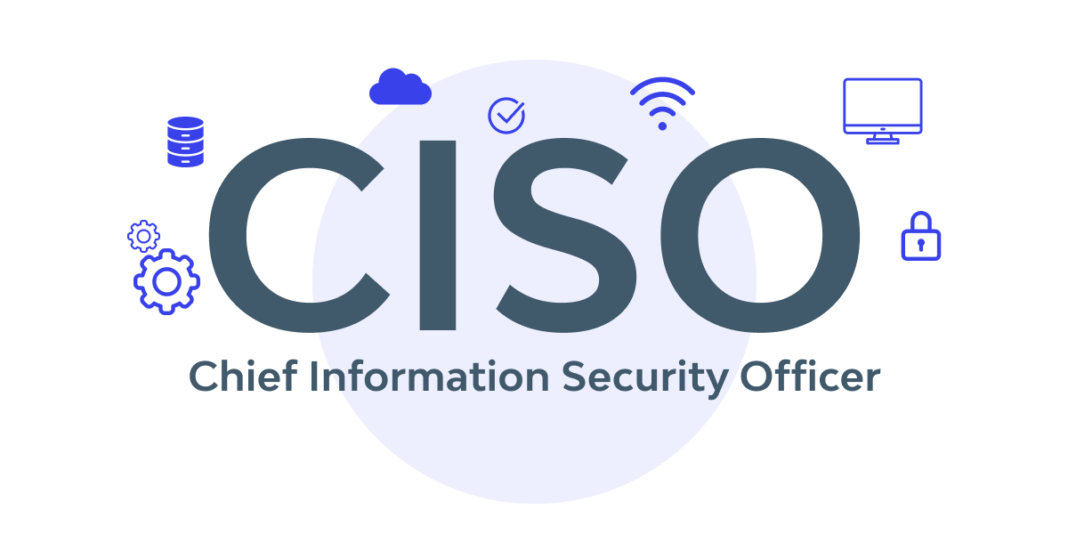In an era of digital advancements and ever-evolving cyber threats, organizations of all sizes and industries must grapple with the critical decision of appointing a Chief Information Security Officer (CISO).
The role of a CISO is to safeguard an organization’s sensitive data, mitigate risks, and establish robust cybersecurity strategies. However, determining whether your organization truly necessitates a full-time CISO is a complex conundrum that demands careful analysis.
The Evolving Cybersecurity Landscape
The relentless pace of technological innovation and the increasing sophistication of cyber threats have pushed cybersecurity to the forefront of organizational priorities. From data breaches to ransomware attacks, the consequences of inadequate security measures can be catastrophic, tarnishing a company’s reputation and leading to financial losses. Consequently, organizations must take proactive steps to fortify their defenses and protect their digital assets.
The Complexity of Cybersecurity
The first aspect that contributes to the perplexity of the decision is the multifaceted nature of cybersecurity. It encompasses a wide range of activities, such as risk assessment, vulnerability management, incident response, compliance, and security awareness training. These responsibilities require a deep understanding of technology, regulations, and the threat landscape. As cybersecurity becomes increasingly intricate, organizations must assess the level of expertise and attention needed to effectively address their unique challenges.
The Unpredictable Nature of Cyber Threats
The burstiness of cyber threats adds another layer of complexity to the decision-making process. Hackers continuously adapt their techniques, exploit vulnerabilities, and develop new attack vectors. This dynamic nature of cyber threats demands constant vigilance and prompt response. A full-time CISO can stay abreast of emerging threats, update security protocols, and develop incident response plans, ensuring that the organization is well-prepared to counter evolving challenges.
Factors Influencing the Decision
To determine whether your organization needs a full-time CISO, consider the following factors:
- Size and Complexity: Larger organizations with extensive IT infrastructure and complex networks often face a higher risk profile. Their cybersecurity needs are more demanding and require continuous monitoring, making a full-time CISO an essential investment.
- Regulatory Compliance: Industries such as healthcare, finance, and government are subject to stringent data protection regulations. Compliance with these requirements necessitates dedicated cybersecurity expertise, making a full-time CISO crucial for maintaining regulatory adherence.
- Risk Profile: Assess the level of risk your organization faces. Factors such as the sensitivity of data, industry reputation, and the likelihood of targeted attacks should be considered. A higher risk profile typically warrants a dedicated CISO role.
- Budget Considerations: While investing in a full-time CISO may be financially demanding for smaller organizations, the potential costs associated with a data breach or regulatory non-compliance can be far more substantial. Evaluate your budget alongside the potential risks to make an informed decision.
- Data Sensitivity and Privacy: If your organization handles sensitive customer data, intellectual property, or personally identifiable information, the risk of data breaches and privacy violations is higher. A full-time CISO can implement robust security measures to protect such data and ensure compliance with privacy regulations like GDPR.
- Industry Standards and Best Practices: Different industries have specific cybersecurity standards and best practices that organizations must adhere to. A full-time CISO can stay updated on industry trends, implement relevant frameworks (such as ISO 27001 or NIST Cybersecurity Framework), and ensure your organization meets the required standards.
- Digital Transformation and Innovation: Organizations undergoing digital transformation or implementing new technologies face unique cybersecurity challenges. A full-time CISO can play a crucial role in assessing risks, integrating security into new initiatives, and driving innovation securely.
- Third-Party Relationships: If your organization frequently engages with external vendors, partners, or contractors who handle sensitive data or access your systems, having a full-time CISO can ensure effective vendor risk management and enforce security protocols throughout the supply chain.
- Incident Response and Recovery: Cybersecurity incidents are inevitable, and an effective incident response and recovery plan is essential. A full-time CISO can develop and test such plans, coordinate incident response activities, and guide the organization through the recovery process.
- Employee Education and Training: Human error is a common cause of security breaches. A full-time CISO can establish ongoing cybersecurity education and training programs for employees, increasing awareness and reducing the likelihood of successful attacks.
- Board and Stakeholder Expectations: Boards of directors, investors, and stakeholders are increasingly prioritizing cybersecurity due to its impact on business continuity and reputation. Having a full-time CISO demonstrates a commitment to cybersecurity and helps fulfill the expectations of key stakeholders.
- Organizational Culture and Commitment: Establishing a strong cybersecurity culture requires consistent leadership and commitment. A full-time CISO can drive awareness, promote a security-focused mindset, and embed cybersecurity practices into the organization’s fabric.
Conclusion
As the cybersecurity landscape evolves, the decision of whether to appoint a full-time CISO becomes increasingly vital. The perplexity arises from the multifaceted nature of cybersecurity, which demands specialized expertise and attention. Simultaneously, the burstiness of cyber threats emphasizes the need for continuous monitoring and quick response. By considering factors such as organizational size, regulatory compliance, risk profile, and budget, organizations can make an informed choice that aligns with their unique requirements.
In the face of relentless cyber threats, the appointment of a full-time CISO can provide the necessary leadership, strategy, and expertise to protect your organization’s valuable digital assets. Prioritizing cybersecurity is not merely an option, it is a fundamental requirement.
The following article discusses the top qualities a successful CISO must possess. So read on if you are planning on appointing a CISO for your organization.
Dimitris is an Information Technology and Cybersecurity professional with more than 20 years of experience in designing, building and maintaining efficient and secure IT infrastructures.
Among others, he is a certified: CISSP, CISA, CISM, ITIL, COBIT and PRINCE2, but his wide set of knowledge and technical management capabilities go beyond these certifications. He likes acquiring new skills on penetration testing, cloud technologies, virtualization, network security, IoT and many more.
